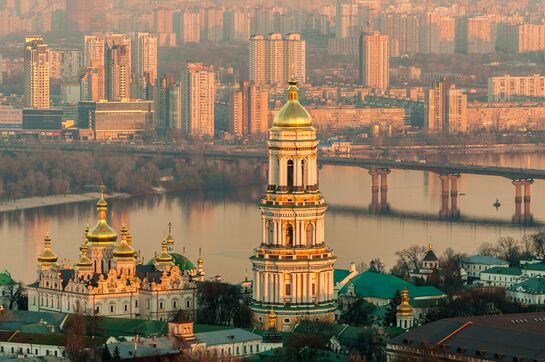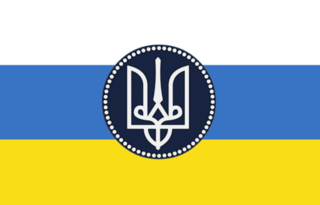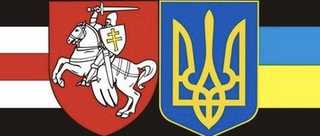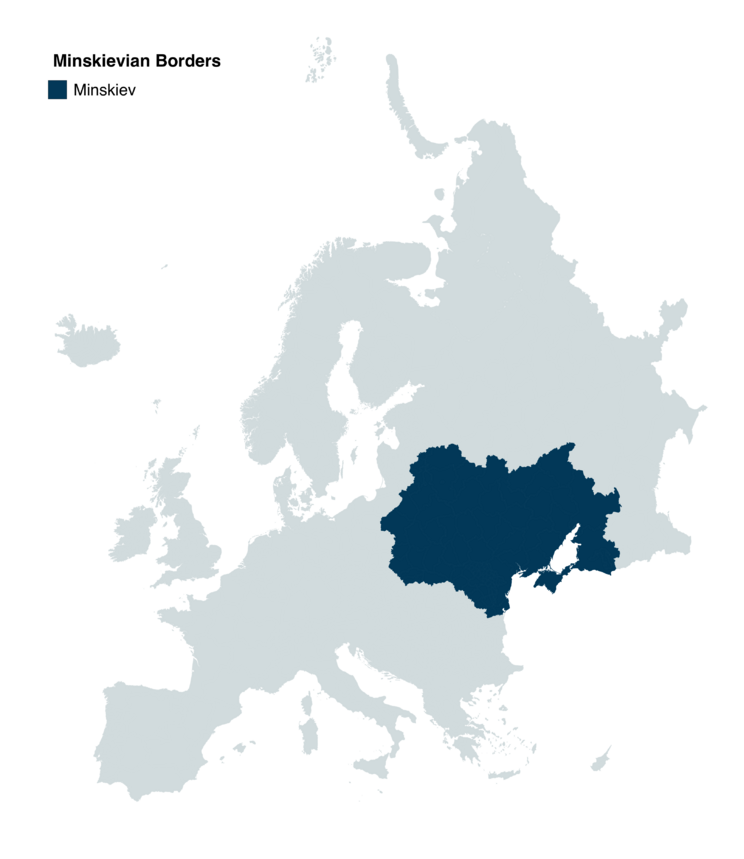Home Page of Minskiev
Minskiev: An Overview
Ever since its formation, the Federal Republic of Minskiev has historically been a major power in the European Continent. A leading role in federal democracy after the United States and the most important proponent in advancing alcohol and woodworking, at its zenith in the 22nd century, the Federal Republic of Minskiev stretched over .3 percent of the earth's surface. Despite its young age, Minskiev fought bravely against an aggressive Russian, Chinese, and Iranian Alliance in the fourth decade of the 21th century in a brutal war, and then a belligerent Russian, Chinese, Iranian, Maghrebi, and Pakistani coalition in a longer and far more destructive second Great Russian War only two decades later. Within the second half of the 21st century, Minskiev grew its influence sphere and rebuilt itself as a primary European power. As a founding member of the European Confederation and the Slavic Union, Minskiev pursues a global approach to foreign policy.
The post-modern Minskiev maintains its absolute dominance of global affairs as one of the eight Major Powers despite its short lifespan. It has friendly relations with the majority of the continental nations, a friendly rivalry with the South Slavs, and a friendly relationship with the United States of America, though her relationship with the Russian warlords is not warm. Minskiev maintains naval and trade dominance by use of its overseas allied ports and its leadership of the Slavic Union, which hosts members in lots of Europe.
In the last two decades, the balance of power in the World has shifted. As India and the Arab League prepare their individual allies for the inevitable Fourth Indo-Arabic conflict, Kongo begins challenging the International Authority in Brazzaville and Kinshasa, and the Maghreb enters its third major war in as many decades, Minskiev prepares to boot Turkey once again out of European affairs for the first time in more than 170 years.



